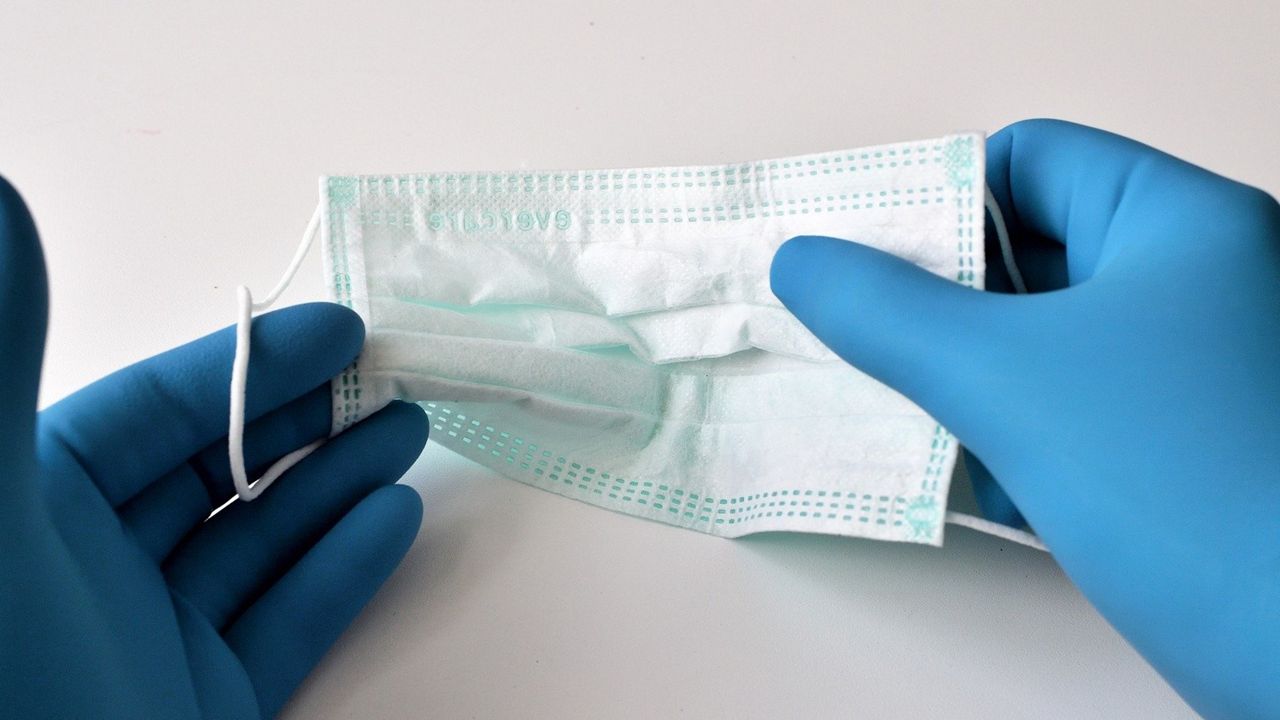TEXAS – The coronavirus pandemic has caused many concerns as daily life continues to be altered in an effort to slow the spread.
What You Need To Know
- Face masks mandates are increasing
- Discussions on social media spreading misinformation
- Experts explain there are minimal risks of wearing a face covering
- Some people are advised not to wear one
Face masks have come to the front of safety discussions, as the Centers for Disease Control and Prevention and the World Health Organization have pushed to enforce face coverings as COVID-19 spreads mainly through droplets that are emitted when people talk, laugh, sing, cough and sneeze.
Masks lower the likelihood of those droplets reaching other people. Even if you don’t have symptoms, you could be carrying the virus and could spread it.
READ MORE | Parents, Children with Autism Struggle with Mask Mandate
Discussions on social media and even within politics have created an intense reaction in opposition to mandates of wearing face coverings and with that has come some misinformation—including the idea of depleting oxygen and carbon dioxide poisoning.
In areas where COVID-19 is spreading, health experts agree that wearing masks or other face coverings in public helps reduce the risk of spreading the virus when people can’t socially distance by staying six feet apart.
When it’s humid outside, it could feel like it’s harder to breathe if you’re not used to wearing a mask, said Benjamin Neuman, a professor of biology at Texas A&M University-Texarkana. But he said masks don’t meaningfully decrease oxygen in the body.
READ MORE | Experts Say Masks Are Still a Must
“The body is quite good at adjusting to keep oxygen levels where they need to be,” he said.
There’s also no evidence that the use of masks causes fungal or bacterial infections, according to Davidson Hamer, an infectious disease expert at Boston University. Disposable face masks are meant to be used once, then thrown in the garbage. With cloth masks, it’s a good idea to wash them regularly.
According to the Cleveland Clinic, it is very unlikely to inhale large amount of carbon dioxide from wearing a cloth face mask — especially if you’re only wearing it for short periods of time.
The clinic does say that kids under age 2, anyone who has trouble breathing or anyone who can’t take the mask off without assistance should not wear one. The CDC also advises that the same precautions.
READ MORE | How to Properly Care for Your Cloth Face Masks
Wearing a mask may be uncomfortable, but health officials say you should resist any urge to touch your face as it could bring germs from your hands into your nose, mouth or eyes.
So, does wearing a face masks pose health risks? No, not for most people.
The Associated Press contributed to this story.



